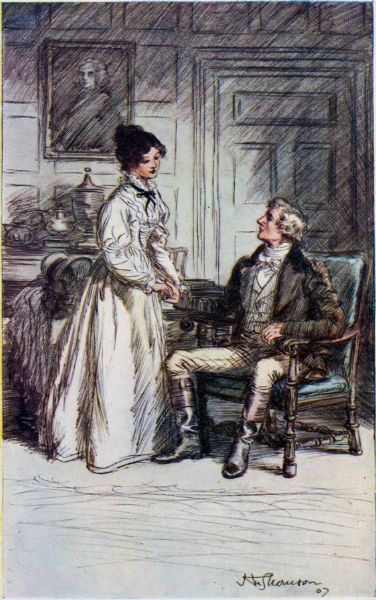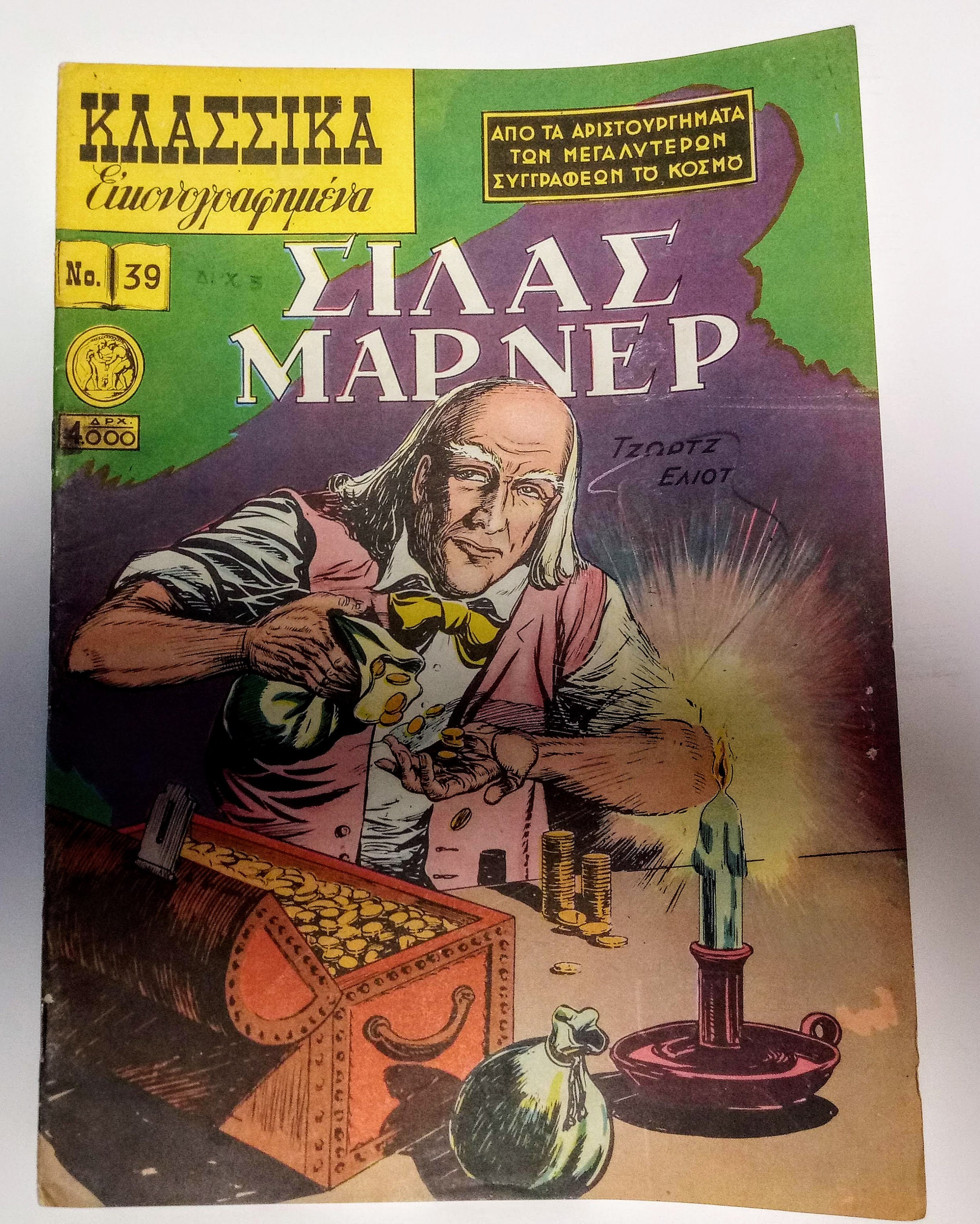

We learn that he rarely has meat for supper and that twine is required in his work, but there is no concentration on the physical aspects of his life or work. Little attention is paid to the exact details of Silas' life. Rather, the robbery arises strictly from what we might expect to be normal activities for these two characters. This instance is the first of several coincidences that are often pointed out as "unrealistic." However, it is not the result of any unusual circumstances. The general comment by Eliot tends to obscure the coincidence of Dunstan's happening along at one of the few times that Silas is not at home. Silas expects that a thing will not occur because it has not occurred before, just as "it is often observable that the older a man gets, the more difficult it is to him to retain a believing conception of his own death." In turn, this generalization becomes the source of a metaphor to make Silas' trustfulness seem natural. Instead, Eliot uses the incident as the source of a generalization about the human condition. This casualness is typical of Eliot's understated plots: the robbery is an important part of the tale, but it is not used for any irrelevant sense of excitement. There is no attempt to build any suspense as to whether Silas will catch Dunstan in the cottage. He sets off for the village to proclaim his loss so that someone can recover the stolen money. He does not wish to punish anyone, but he wants his gold back.

Silas comes at last to the idea that the robber must be caught. The thought of a human thief is almost a comfort to him then, and he recalls that the poacher Jem Rodney once lingered too long by the fire when he stopped to light his pipe.

He fears that it may not have been a thief, but some unseen power that delights in tormenting him. Silas does not know when a thief might have come. At first, Silas does not believe the gold is gone: he searches all over the cottage, thinking he may have hidden it elsewhere. The bricks are all in place, but the hole under them is empty. Not until he decides to count his gold before supper does he finds anything wrong. He sees nothing amiss because his eyes are weak.

Silas comes in and warms himself by the fire. That supper is a piece of meat tied to its hanger with a string and his door key, which is the reason he failed to lock the door. He has been out after a piece of twine he needs for his work the next day, and now he is looking forward to his supper. He feels no alarm at having left his door unlocked because there has never been any need for a lock previously. As Dunstan leaves the cottage, Silas is no more than a hundred yards away.


 0 kommentar(er)
0 kommentar(er)
